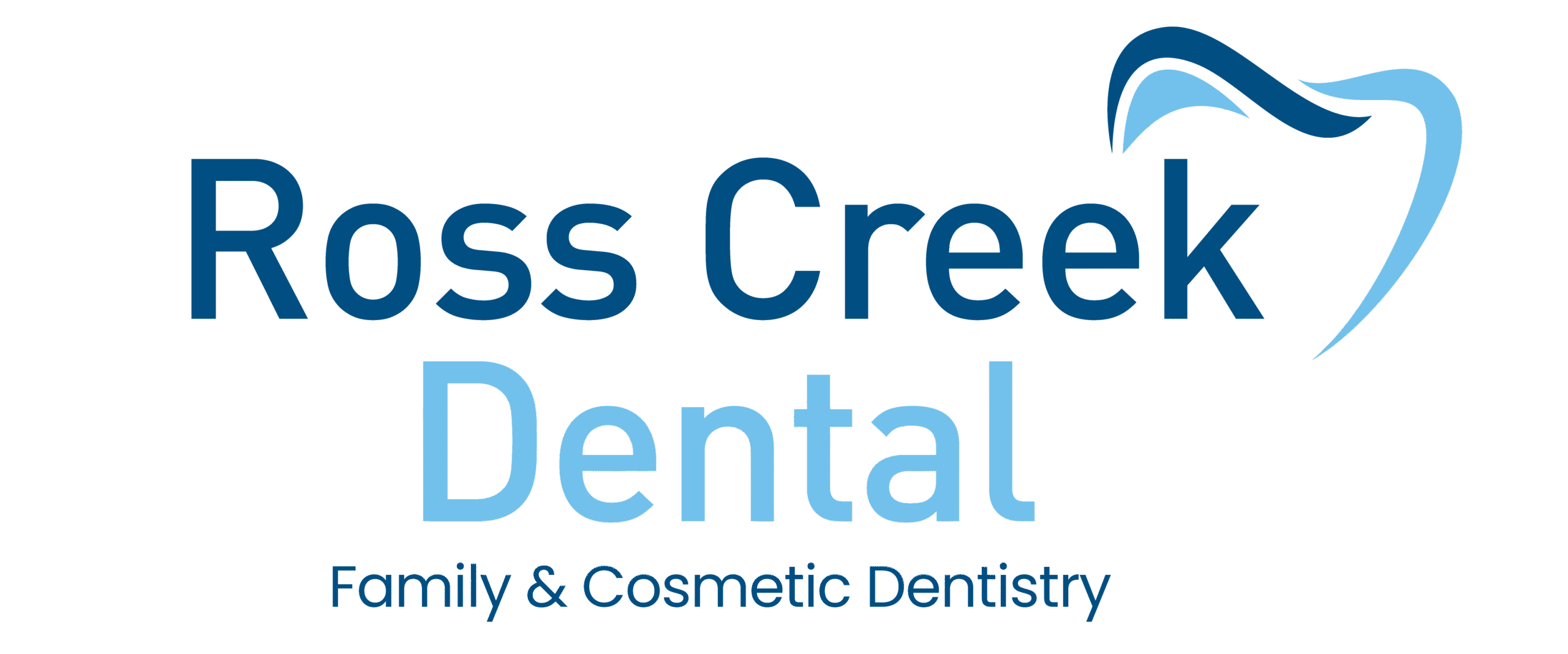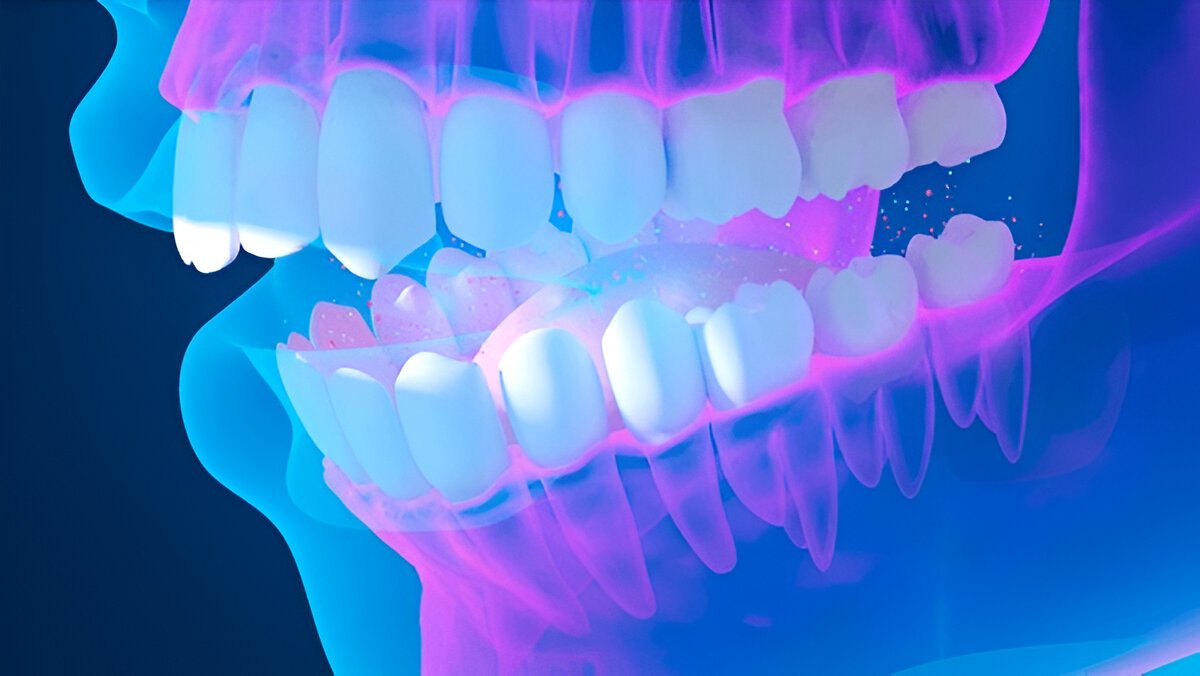When it comes to maintaining a bright smile and healthy teeth, the power of preventive dental care cannot be overstated. Regular dental checkups play a pivotal role in safeguarding your oral health, often catching potential issues before they become costly and painful problems. Many individuals, especially those concerned about expenses, might overlook the importance of routine dental care, not realizing that these preventive measures can actually save money in the long run.
By prioritizing dentist visits, you not only ensure your teeth and gums remain in optimal condition but also gain access to valuable dental hygiene tips and expert guidance tailored to your needs. Join us as we delve into why your next dental checkup is more crucial than you might think, providing peace of mind and a healthier smile for you and your loved ones.
The Importance of Dental Checkups
What Happens During a Checkup
During a dental checkup, a dentist conducts a thorough examination of your oral health. The process generally begins with a dental hygienist cleaning your teeth to remove plaque and tartar. This cleaning is crucial in preventing gum disease and cavities. Next, the dentist performs a detailed inspection of your teeth, gums, and mouth, looking for signs of decay, gum disease, or other oral health issues. X-rays may be taken to get a closer look at areas not visible to the naked eye, such as between teeth or under fillings.
Finally, your dentist will discuss any findings and offer dental hygiene tips tailored to your specific needs. This comprehensive approach ensures that potential problems are identified early, maintaining your oral health and preventing more significant issues. Regular dental checkups are an essential part of routine dental care, promoting a healthy and bright smile.
Benefits of Routine Dental Care
Routine dental care offers numerous benefits that extend beyond a sparkling smile. Regular dental checkups help in early detection of oral health issues, reducing the risk of serious problems such as tooth decay and gum disease. By addressing small concerns promptly, you can avoid expensive and complex treatments later on. Regular visits also provide an opportunity for personalized dental hygiene tips, helping you maintain optimal oral health at home.
Moreover, routine care includes professional cleanings that remove plaque and tartar build-up, which not only keeps your teeth and gums healthy but also prevents bad breath. Routine dental care also plays a role in your overall health, as oral health is closely linked to conditions like heart disease and diabetes.
Therefore, consistent dental checkups are not just about teeth; they are an integral part of maintaining your overall well-being, giving you a healthy foundation for life.

Preventive Dental Care Explained
How It Saves Money and Pain
Preventive dental care is an investment that pays off significantly in terms of both savings and comfort. By attending regular dental checkups, small issues like cavities or early signs of gum disease can be detected and treated promptly. Addressing these concerns early prevents them from developing into more severe and costly problems, such as root canals or gum surgeries.
Additionally, preventive measures, such as professional cleanings and fluoride treatments, help maintain strong and healthy teeth, reducing the likelihood of dental emergencies. Moreover, catching dental issues early reduces the likelihood of experiencing severe pain or discomfort associated with advanced oral problems. This approach not only alleviates potential pain but also minimizes the disruption to your daily life that extensive treatments can cause.
In essence, preventive dental care is a proactive strategy that ensures long-term oral health, providing peace of mind while saving you money and sparing you unnecessary discomfort.
Common Misconceptions Debunked
Several misconceptions surround preventive dental care, leading many to underestimate its importance. One common myth is that if your teeth don’t hurt, you don’t need a dental checkup. However, many dental issues, such as cavities and gum disease, can develop silently without initial pain or discomfort.
Another misconception is that preventive dental care is expensive. In reality, regular checkups and cleanings are cost-effective in the long term, as they prevent more costly treatments down the line. People also often believe that good home care, like brushing and flossing, eliminates the need for professional cleanings. While these habits are crucial, they can’t remove all plaque and tartar, which professional services address.
Lastly, some think dental visits are only necessary for kids. Yet, adults are equally susceptible to oral health issues that require regular monitoring. Dispelling these myths is essential to emphasize the value of routine dental care for everyone.
Maintaining Oral Health at Home
Simple Dental Hygiene Tips
Maintaining oral health at home is essential for preventing dental issues and ensuring a bright, healthy smile. Begin with brushing your teeth at least twice a day using a fluoride toothpaste. Use a soft-bristled toothbrush to avoid damaging your gums and enamel. Don’t rush; spend at least two minutes brushing to thoroughly clean each quadrant of your mouth.
Flossing daily is equally important, as it removes food particles and plaque from between your teeth and beneath the gumline where a toothbrush can’t reach. Consider using an antiseptic mouthwash to reduce bacteria and freshen your breath. Additionally, pay attention to your diet; limit sugary snacks and drinks, as they contribute to tooth decay. Replace your toothbrush every three to four months or sooner if the bristles become frayed.
These simple tips are effective in maintaining oral health and preventing dental problems, complementing your regular dental checkups.
When to Schedule Dentist Visits
Regular dentist visits are a cornerstone of maintaining oral health. For most individuals, scheduling a dental checkup every six months is recommended. This routine allows for the timely detection and treatment of potential issues before they escalate. However, the frequency of visits may vary based on individual needs. Those with a history of dental problems or ongoing treatments might require more frequent appointments. It’s also crucial to schedule a visit if you experience symptoms such as tooth pain, bleeding gums, or persistent bad breath, as these could indicate underlying problems.
Children should start dental visits by their first birthday or within six months of their first tooth appearing. Establishing a dental routine early helps encourage lifelong oral health habits. By aligning your dental visits with your specific needs, you ensure comprehensive care and maintain optimal oral health, complementing your at-home dental hygiene practices.
Take Action Today
Prioritize your oral health by scheduling your next dental checkup today. Don’t wait for symptoms to appear—be proactive in preventing dental issues. Reach out to your dentist and take the first step towards a healthier, brighter smile. By committing to regular dental visits, you are not only protecting your teeth but also investing in your overall well-being.
Your smile deserves the best care, so make that appointment and experience the peace of mind that comes with preventive dental care.






